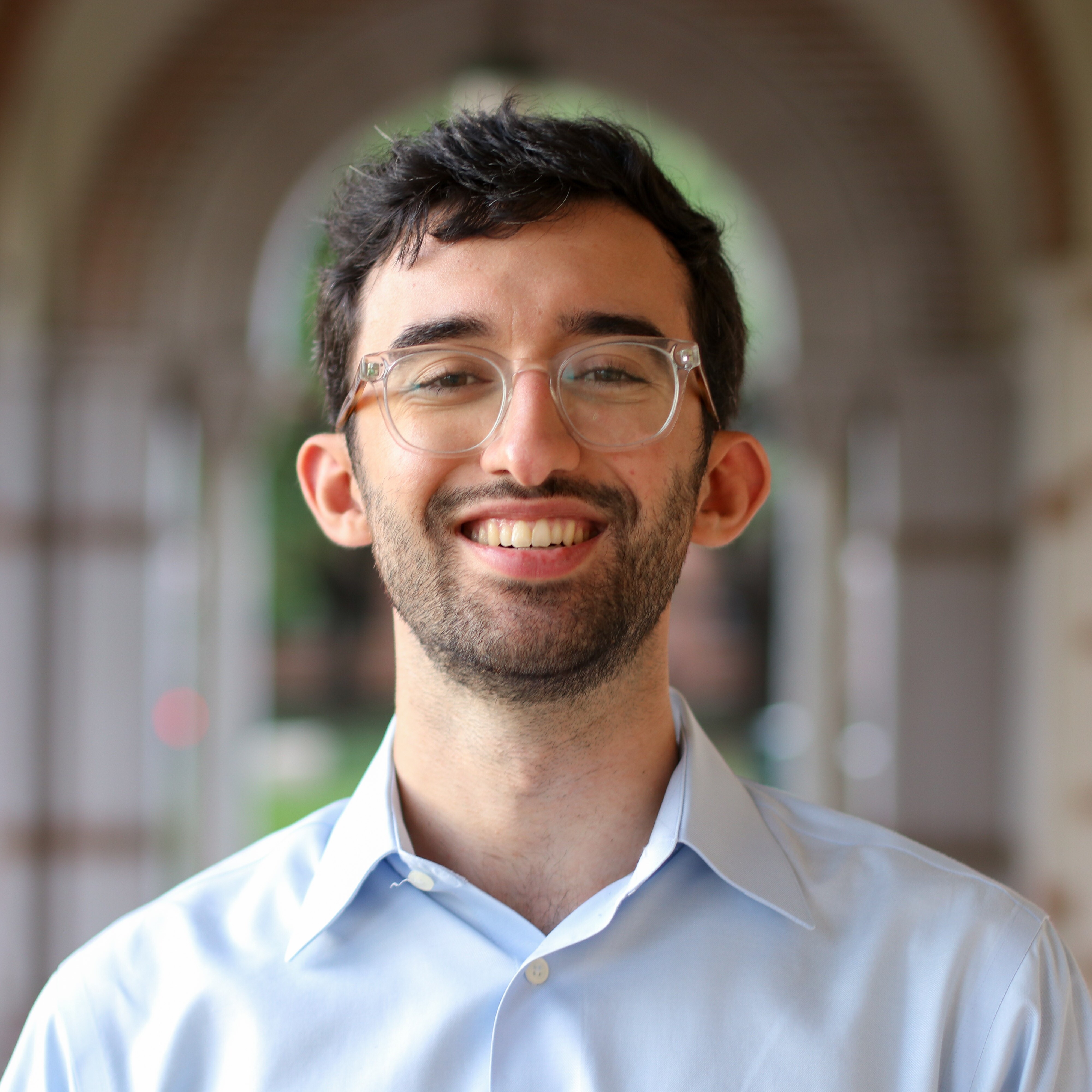Q&A: Meet Kamil Cook, Climate and Clean Energy Associate in Public Citizen’s Texas Office
 Kamil Cook has joined the Texas office of Public Citizen as climate and clean energy associate based in Austin. He grew up in Kentucky and attended college in Houston. Kamil became part of the Public Citizen team in June after completing a fellowship in Jordan.
Kamil Cook has joined the Texas office of Public Citizen as climate and clean energy associate based in Austin. He grew up in Kentucky and attended college in Houston. Kamil became part of the Public Citizen team in June after completing a fellowship in Jordan.
Tell us a little about yourself.
I grew up in a small town in Southeastern Kentucky before attending college in Houston. Before I moved, I thought they couldn’t be more different. But once I explored Houston, I realized that they both shared one significant commonality: fossil fuel economies. Eastern Kentucky and East Houston were a lot more similar than I thought. Seeing the same kind of systemic injustices tied to the creation of massive wealth pushed me to think about the relationship between the world that our energy creates and the worlds that are destroyed for that energy. I used my time in college to think through these questions because I wanted to help improve the lives of the people I grew up around. Even though I’m not in Kentucky today, it feels good to put all that research into use here. I know that all these places are connected, and what benefits the people of Central Texas will help the people of Houston and my hometown.
Can you tell us about your previous work experience?
I don’t have much! While in college, I interned at a few places generally concerned with environmentalism or social justice and participated in many different clubs and activities. After I graduated, I was lucky enough to receive a fellowship to conduct research on water and study Arabic in Amman, Jordan. Living there was incredible; exploring water’s political, social, and ecological life while living alone for the first time helped me see the world and myself differently. On my last day in Amman, I got a job here!
You grew up in Kentucky, have ties to Houston, and before joining Public Citizen, you lived abroad. How did those experiences impact your work at Public Citizen?
One of the most valuable things all these experiences taught me has been about working with different people. Growing up Arab in a small town in the Bible Belt taught me other lessons than those I learned as a student in cosmopolitan Houston and as a young researcher in expat-central Amman. Living in these places introduced me to many people, emphasizing other parts of my identity. These experiences have taught me how to connect with various people, which is a valuable skill here. Public Citizen is one of those jobs where I need to be just as comfortable speaking with members of the Electric Utility Commission as with linemen at different Texas utilities, for example. I’ve always felt at ease running around with different crowds, and I’m thankful that my work here lets me continue to do that professionally.
In the time you have been at Public Citizen, what have you observed about Austin as it relates to the issue areas in which the Texas office works?
My favorite thing about the work conducted here is that it focuses specifically on environmental justice work. Austin is relatively progressive (by Texas standards) regarding environmental care but has a long way to go to improve the livelihood of minorities and poor folk. Racial and environmental justice are intricately connected. I don’t think one can be solved without the other. If we, as a society, choose not to value the lives of Black or queer, or poor people, for example, how will we value water, nature, or air? I’m hopeful that our work here can contribute to bridging this gap.
What is one thing you want to tell everyone reading this about your work and will be doing?
Even though I’m still beginning my time here, I’ve been learning much about how energy and organizing work in Texas. Right now, I would tell people that individuals can make a lot of change if they are organized. If there is an issue in your community that you want fixed, there is likely a group of people who are already working on fixing it, and it’s much easier to change a system with other people than by yourself. Working with other people in your community is how change happens, and they are the people who will support and sustain you as work gets difficult.